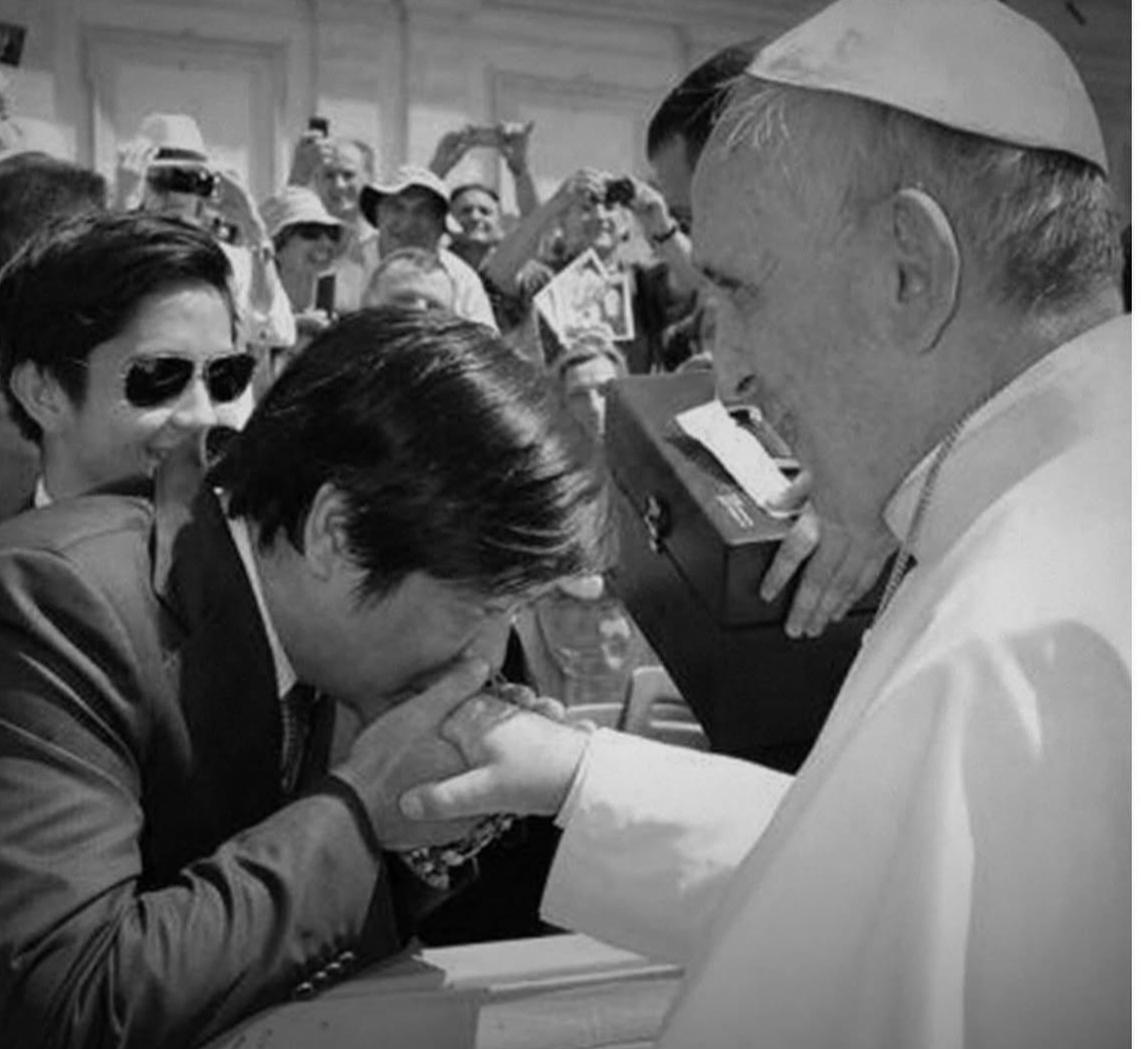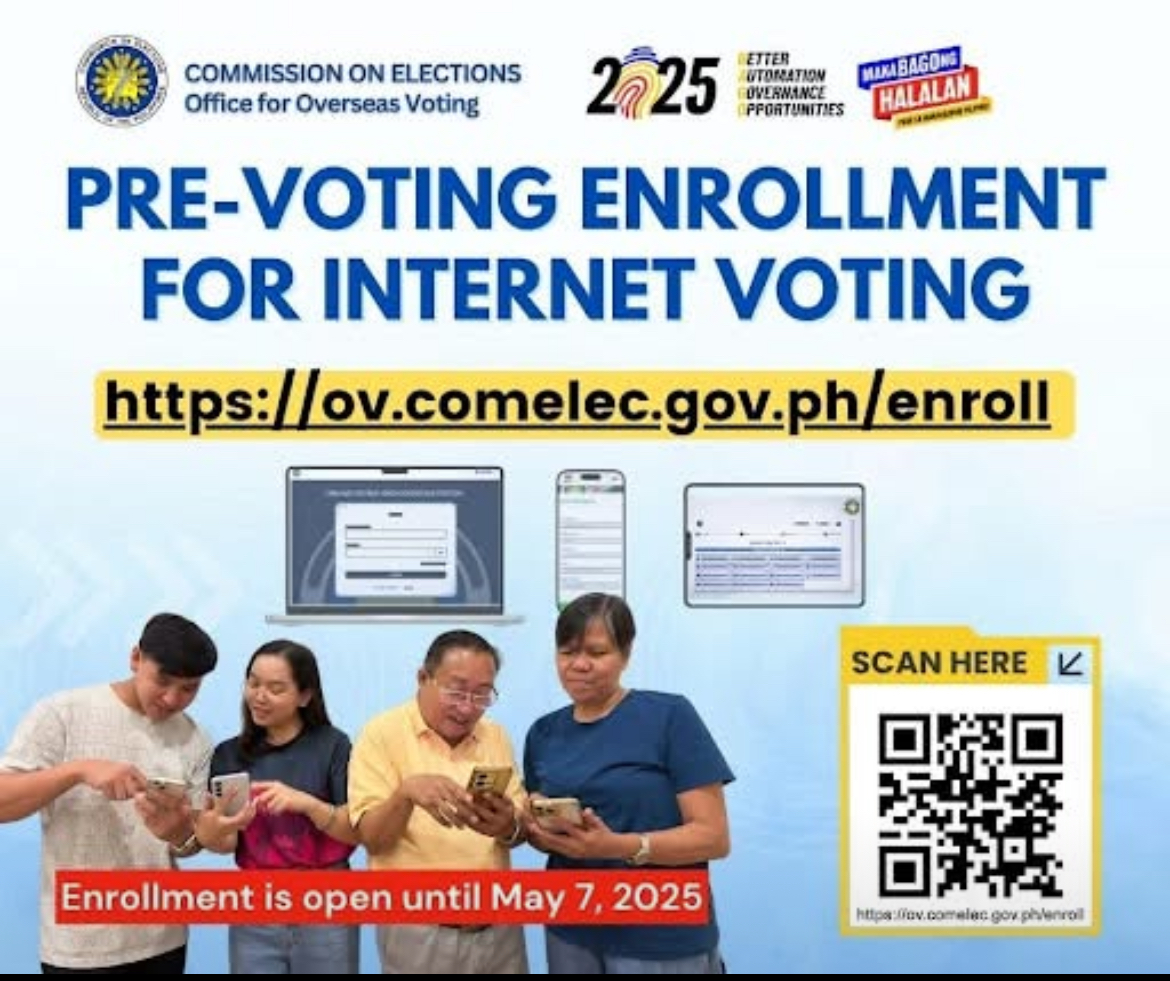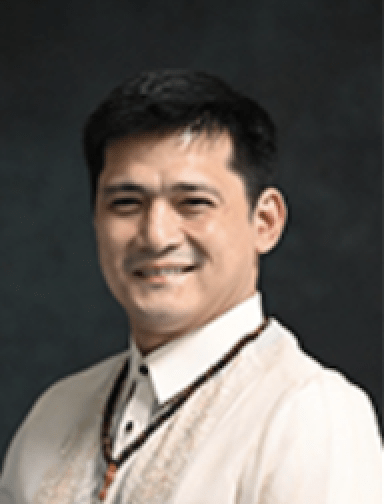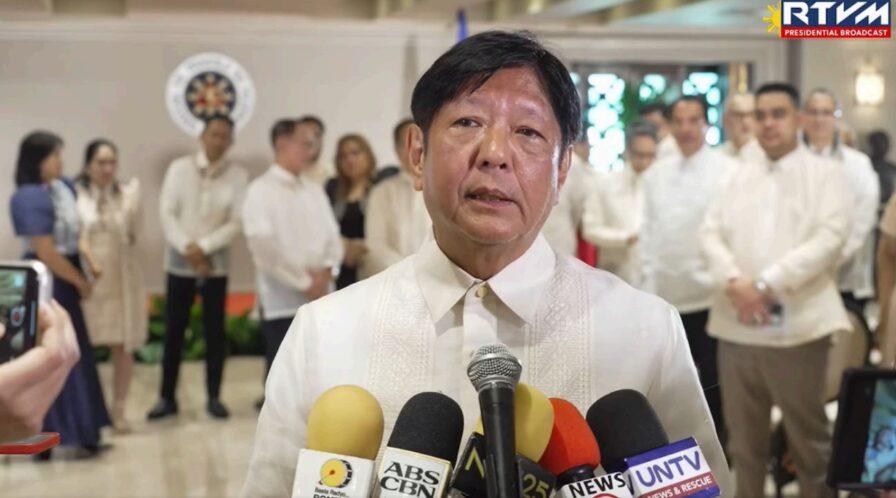Government agencies and civil society groups push for media literacy programs to counter digital manipulation. – Image Source: Department of Education (DepEd)
MANILA – With the May 2025 midterm elections approaching, lawmakers, digital researchers, and civil society groups are raising concerns over coordinated disinformation campaigns designed to manipulate public opinion and distort democratic discourse online.
A recent report by Israeli cybersecurity firm Cyabra revealed that nearly one-third of social media accounts engaging in conversations around the International Criminal Court’s (ICC) investigation of former President Rodrigo Duterte were likely inauthentic.
These accounts exhibited synchronized behavior—posting identical content with shared hashtags and engaging in aggressive resharing patterns—collectively generating more than 7,200 engagements and reaching an estimated 11.8 million users in a single month.
“This is digital warfare, plain and simple. And the battlefield is not just the internet—it’s the hearts and minds of millions of Filipinos,” said House Deputy Speaker David “Jay-Jay” Suarez, reacting to the Cyabra report.
Suarez has called on major tech platforms, including Meta, X (formerly Twitter), and YouTube, to take more aggressive action against disinformation networks.
“They have the tools, the data, and the responsibility. They cannot stay silent while democracy is under attack,” he added.
Push for Digital Literacy
While there has been no formal congressional resolution directly addressing the Cyabra findings, lawmakers have been advocating for stronger media literacy programs in schools and communities. Senior Deputy Speaker Aurelio “Dong” Gonzales Jr., a proponent of digital education efforts, underscored the need to prepare voters to navigate online content critically.
“Social media is a powerful tool for connectivity and information sharing, but it is also being used to spread malicious content that can incite violence, mislead the public, and erode trust in democratic institutions,” Gonzales said during a 2024 committee hearing on misinformation.
Gonzales previously backed legislation pushing for the inclusion of Media and Information Literacy (MIL) in the national curriculum, in partnership with the Department of Education and Commission on Elections (COMELEC).
Protecting Rights, Countering Manipulation
The Foundation for Media Alternatives (FMA), a digital rights group, reiterated that fighting online disinformation should not be conflated with censorship.
“Fighting disinformation doesn’t mean silencing dissent,” the group emphasized in a policy paper published on its website. “It means protecting the right of voters to make informed choices based on facts—not manipulation.”
FMA continues to partner with civil society organizations to promote community workshops and online campaigns aimed at educating Filipinos on how to identify false narratives, bot behavior, and manipulated content.
Call for Greater Accountability
Tech experts, including those from Cyabra, warn that without stronger regulatory oversight and platform accountability, fake networks will continue to shape public discourse and polarize communities.
“Fake accounts amplify certain voices while drowning out others, making it difficult for voters to access balanced information,” said Rafi Mendelsohn, Cyabra’s vice president of communications, in an earlier interview.
While critics say platform transparency remains insufficient, companies like Meta and Google have pledged to enhance their automated systems and expand fact-checking partnerships ahead of the polls.







